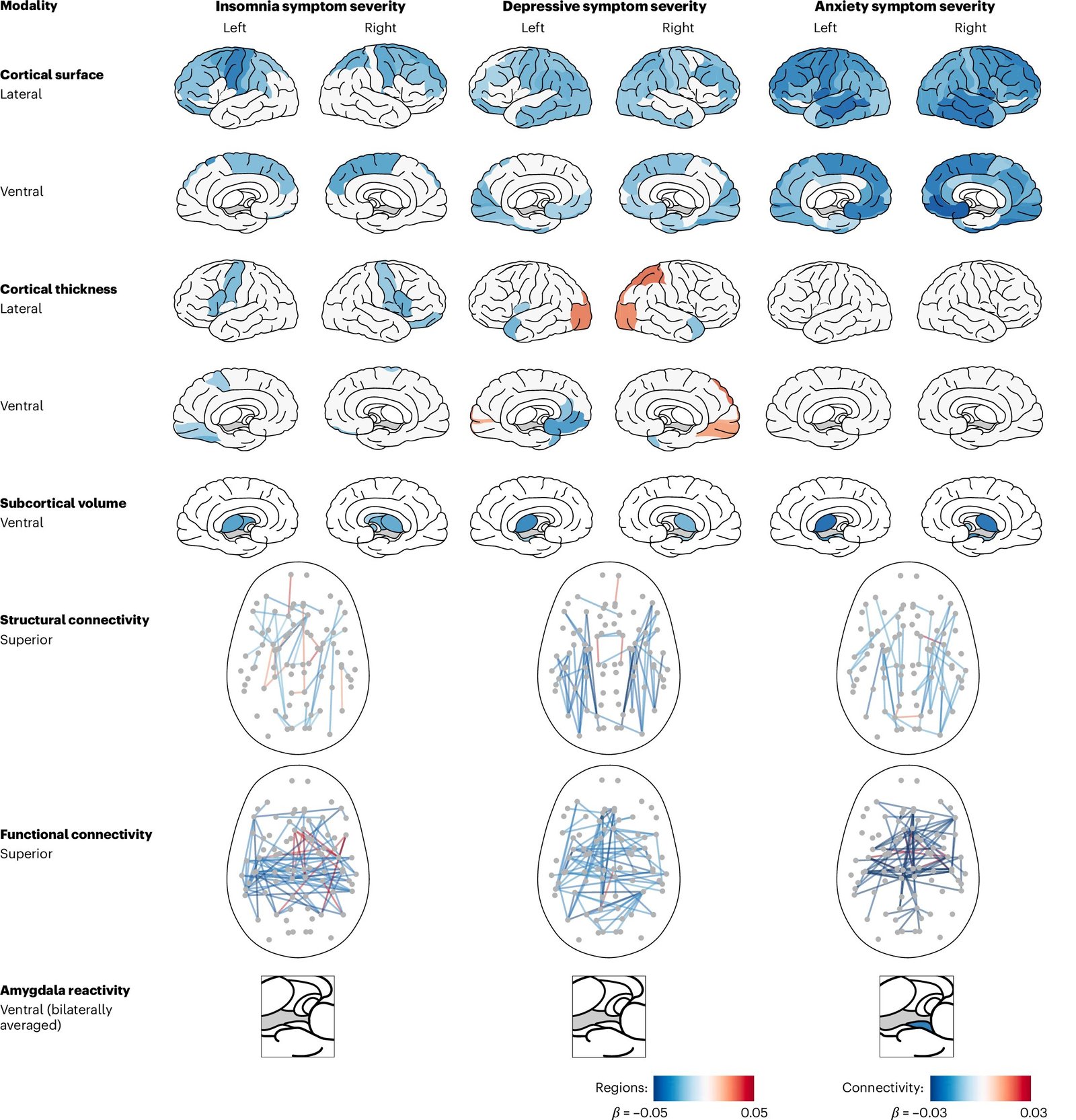Recent research published in the Journal of Medical Internet Research examines the growing association between attention-deficit/hyperactivity disorder (ADHD) and autism on social media, particularly Reddit. The study, led by researchers from the University of Melbourne, focuses on user discussions from 2012 to 2022 to explore how public discourse around these conditions has evolved.
The analysis indicates that discussions about ADHD and autism have increasingly merged in recent years. In the subreddit r/ADHD, mentions of autism surged sharply in 2021, surpassing other frequently discussed conditions like bipolar disorder and obsessive-compulsive disorder (OCD). This marks a significant shift, as autism became the most referenced condition within that subreddit. Meanwhile, r/autism also showed a steady increase in references to ADHD, while mentions of other conditions like PTSD and bipolar disorder remained low and stable.
To measure the connection between these two conditions, researchers examined user overlap between the two subreddits, finding a marked increase starting in 2020. This suggests that individuals are engaging with content related to both ADHD and autism more frequently, indicating a shared interest or experience.
The semantic analysis conducted through Word2Vec models revealed that the language surrounding ADHD and autism has become more closely related from 2019 onward. This shift in language reflects changing perceptions and understandings of these conditions. Additionally, BERT-based topic modeling showed evolving themes in subreddit discussions, highlighting a growing focus on the experiences of adults navigating ADHD and autism, the challenges of obtaining diagnoses, and interpersonal issues faced by individuals with these conditions.
The research highlights the impact of the neurodiversity movement, which has gained traction over the past decade, primarily through online advocacy by autistic individuals and their allies. This shift emphasizes viewing ADHD and autism as natural variations in human cognition rather than deficiencies. Consequently, the rising visibility of neurodivergent experiences has led to an increased public understanding of the co-occurrence of ADHD and autism.
Despite the distinct clinical definitions of ADHD and autism, the overlap in public discussions suggests a blurring of boundaries that may influence how individuals identify with these conditions. The change in discourse could contribute to more people recognizing their experiences as either ADHD or autism, potentially reducing instances of underdiagnosis while raising concerns about overdiagnosis in cases where one condition appears without the other.
Overall, this study sheds light on how social media serves as a platform for evolving perceptions of mental health conditions, underscoring the need for ongoing research into these trends. Understanding how ADHD and autism are discussed online allows for better insights into public attitudes and the implications for mental health services and advocacy efforts. As conversations around these conditions continue to grow, they may reshape the landscape of mental health understanding and treatment moving forward.



